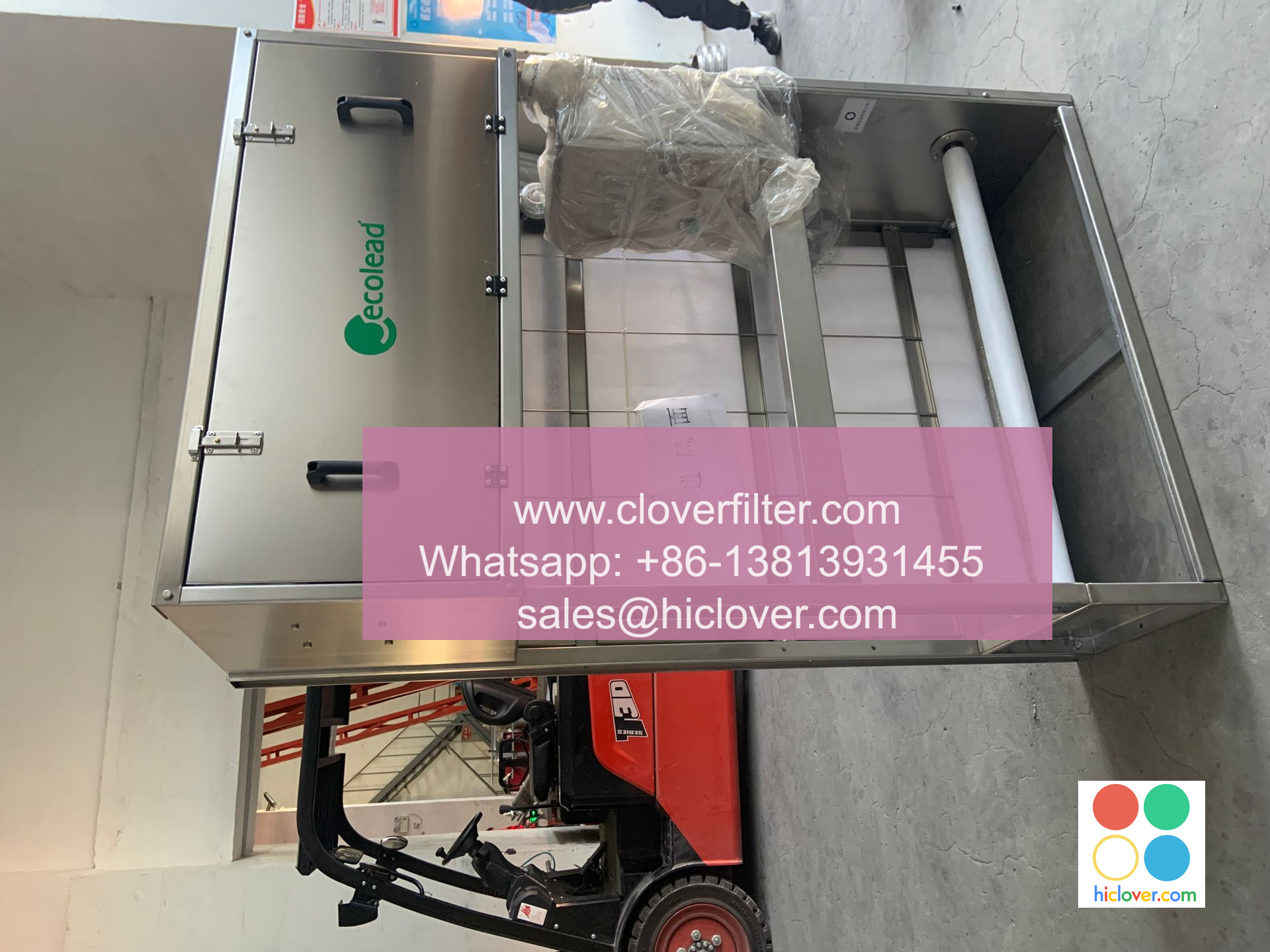The Impact of Air Filter Pressure Drop on Energy Consumption

The Impact of Air Filter Pressure Drop on Energy Consumption: A Critical Look at Indoor Air Quality and Energy Efficiency
Introduction
The importance of maintaining good indoor air quality (IAQ) is well established, as it has a significant impact on both human health and productivity. However, achieving optimal IAQ can be a challenge, especially in large commercial and industrial settings where heating, ventilation, and air conditioning (HVAC) systems play a critical role. One critical factor in maintaining optimal IAQ is the air filter, which can have a significant impact on energy consumption. In this article, we will explore the impact of air filter pressure drop on energy consumption and highlight various application areas where energy efficiency is a key concern.
The Impact of Air Filter Pressure Drop on Energy Consumption
Air filters play a crucial role in maintaining IAQ by removing contaminants and pollutants from the air, which can compromise both human health and equipment performance. However, air filters can also have a significant impact on energy consumption, particularly when it comes to HVAC systems. This is due to the pressure drop caused by air filters, which can increase energy consumption and reduce the efficiency of HVAC systems.
Studies have shown that air filter pressure drop can increase energy consumption by up to 20% (1), making it a critical factor in achieving optimal energy efficiency in HVAC systems. Furthermore, high-pressure-drop air filters can also lead to increased energy consumption due to the need to operate HVAC systems at higher capacities to compensate for the reduced airflow (2).
Critical Air Filter Performance Characteristics for Energy Efficiency
To minimize energy consumption and maximize HVAC system efficiency, it is essential to select air filters with optimal performance characteristics. Some of the key characteristics to consider include:
- Initial Effort (IE): This is the force required to push air through the filter at a given flow rate. A lower IE indicates lower pressure drop and improved energy efficiency.
- Filter Life: Longer filter life means fewer replacements and reduced disposal costs, which can contribute to energy efficiency.
- Filter Material: Different filter materials have varying levels of pressure drop, make-up air requirements, and filter life. Choosing the right filter material is critical for optimal energy efficiency.
- Certifications and Standards: Look for filters that meet industry certifications and standards, such as MERV and F5, which ensure acceptable levels of air filtration and energy efficiency.
Application Areas Where Energy Efficiency is a Key Concern
Air filter pressure drop can have a significant impact on energy consumption in various application areas, including:
- Commercial Buildings: Office buildings, shopping centers, and hospitals require optimal IAQ and energy efficiency. Air filter pressure drop can have a significant impact on energy consumption and HVAC performance.
- Industrial Processes: Industrial processes, such as manufacturing and food processing, require precise temperature and humidity control. Air filter pressure drop can compromise these conditions, leading to reduced efficiency and increased energy consumption.
- Data Centers: Data centers require precise temperature and humidity control to maintain optimal server performance. Air filter pressure drop can compromise these conditions, leading to reduced energy efficiency and increased energy consumption.
- Residential Buildings: Homeowners are increasingly concerned with energy efficiency and IAQ. Air filter pressure drop can have a significant impact on energy consumption and furnace performance in residential buildings.
Conclusion
Air filter pressure drop can have a significant impact on energy consumption, particularly in applications where IAQ is a critical concern. By selecting air filters with optimal performance characteristics, such as low initial effort, extended filter life, and suitable filter materials, building owners and operators can minimize energy consumption and maximize HVAC system efficiency. In various application areas, such as commercial buildings, industrial processes, data centers, and residential buildings, air filter pressure drop can compromise IAQ and energy efficiency, leading to reduced productivity, equipment failure, and increased energy consumption. By understanding the impact of air filter pressure drop on energy consumption, building owners and operators can make informed decisions to optimize IAQ and energy efficiency.
References:
- ASHRAE. (2016). Energy Efficiency in HVAC Systems.
- IEA. (2017). Energy Efficiency in Buildings.
I’m happy to help! It seems like you’ve been thinking of something and you’d like to share it with me. I’m all ears! What’s on your mind? Do you have a question, a problem, or something you’d like to talk about? I’m here to listen and help if I can.

